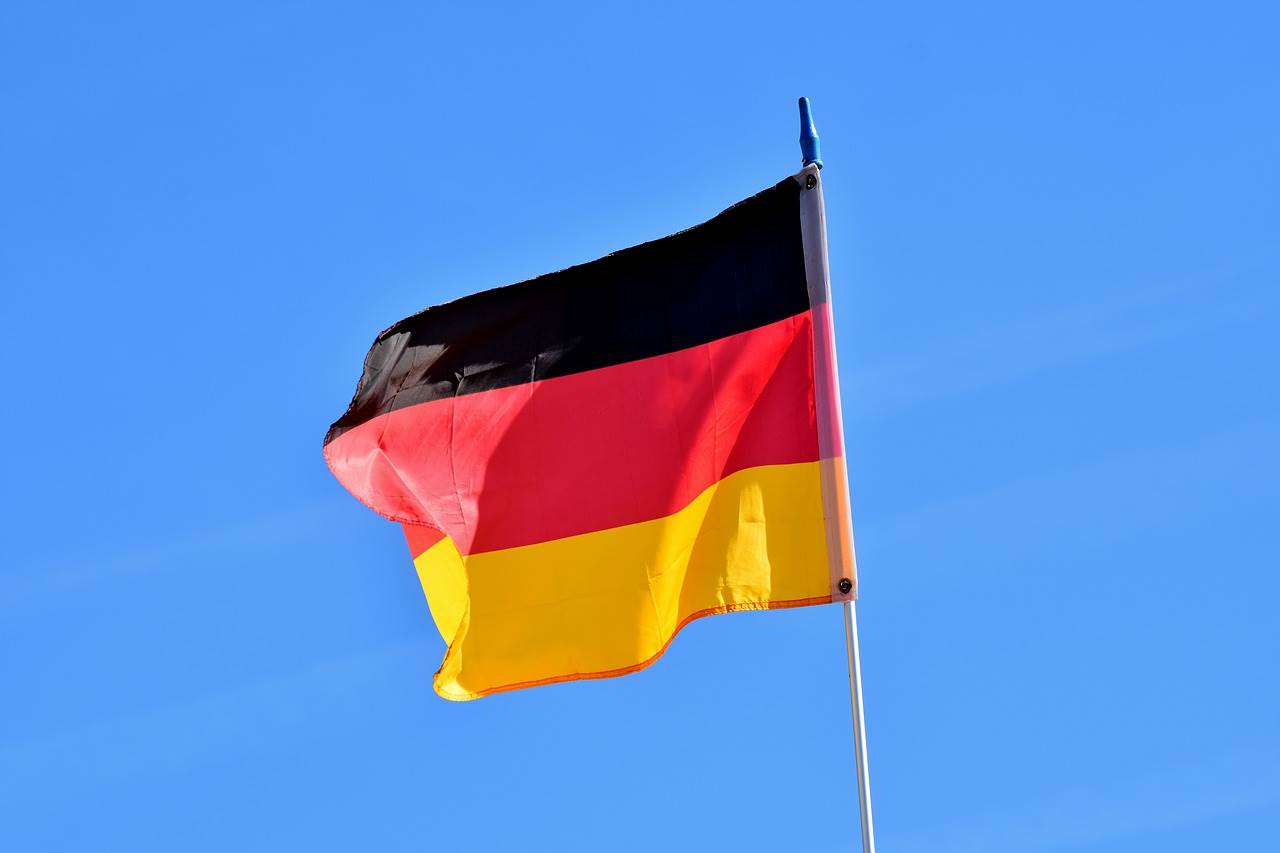 German industrial output unexpectedly went up in July, after two months declining. Despite being good news, it probably won't help to alleviate fears regarding the state of the German economy, which seems to be headed towards a recession.
German industrial output unexpectedly went up in July, after two months declining. Despite being good news, it probably won't help to alleviate fears regarding the state of the German economy, which seems to be headed towards a recession.
The data, published by the German economy ministry, shows how Germany's industrial output expanded by 0.3 percent, against the analysts, who foresaw that it would remain unchanged. This contrasts with yesterday's data release, which showed a contraction on German manufactured goods orders and stoked the fears of an upcoming recession in Germany and the Eurozone.
The German government decided to signal its cautiousness regarding those readings, highlighting the weakness in demand.
“Despite the recent slight revival, the industry remains mired in a downturn,” said the German Economy Ministry in a statement, “Weakness in demand persists.
According to the ministry, the increase was driven by the manufacturing of intermediate and capital goods. The German economy is heavily dependent on its exports, making it vulnerable to the current global economic situation, which is being affected by Trump's Trade Wars and the uncertainty linked to the British political crisis.
Some economists still expect a contraction in the industrial output in September, considering this data " a flash in the pan."
“Given that industrial output provides us with a deep look into the economic development in the third quarter, one could entertain the idea that the German economy will just about avoid a recession,” said a VP Bank economist, “But unfortunately one must consider the industrial production data for August as a flash in the pan, We expect production in September to be negative. This means that GDP will contract at least slightly in the third quarter."
Stimulus is needed: European Commission
Meanwhile, several actors are asking the German Government to implement fiscal stimulus measures, a move that the current administration has rejected in the past.
One of the main supporters of the implementation of stimulus measures in order to alleviate the current situation is the European Central Bank president Mario Draghi.
Draghi, who is leaving his post late this month, said at the beginning of this month in Athens that fiscal stimulus is needed to complement the recent ECB's measures.
“The most effective response...would be an investment-led stimulus at the euro area level,” said Draghi, “Whichever route is taken, monetary policy will continue to do its job,” he added.
Draghi's pleas were supported by a recently filtered document (authored by the European Commission), that is going to be presented soon to the Eurozone finance ministers in the upcoming EU summit.
“The slowing growth and the downside risks inherent to the current situation may call for a pre-emptive, rather than reactive, approach to fiscal policy,” says the document, calling the most fiscally favored EU countries (particularly Germany and the Netherlands) to take over this task. The document also called the European countries with higher debts to take measures that would convince the markets that their debts will fall.
However, Germany has consistently disregarded those requests in the past.
“There is a need for a continued level of investments,” said the German Chancellor Angela Merkel last month.
By 10:16 GMT the EUR/USD pair was at 1.0992, gaining 0.20 percent. The EUR/JPY went down to 117.58, losing 0.09 percent while the EUR/CHF went up 0.11 percent, at 1.0899.
